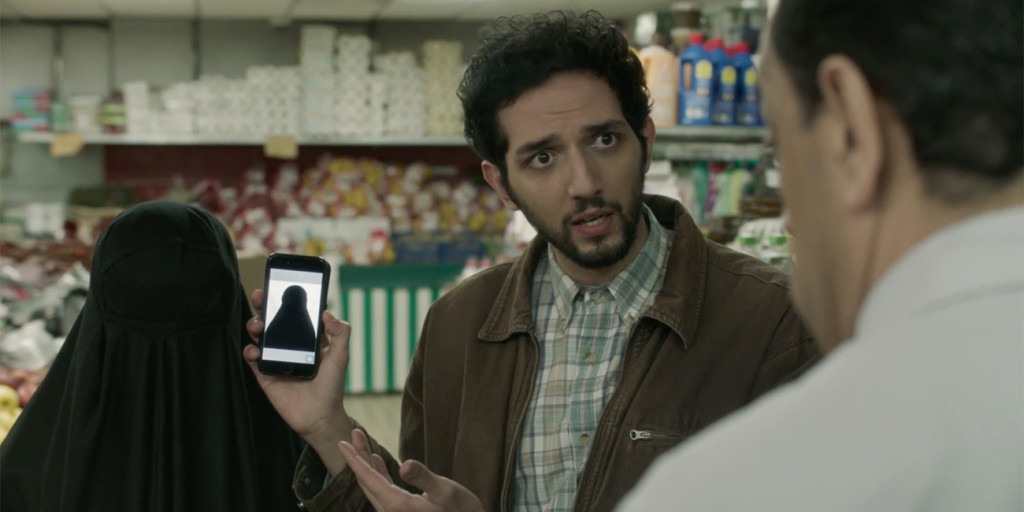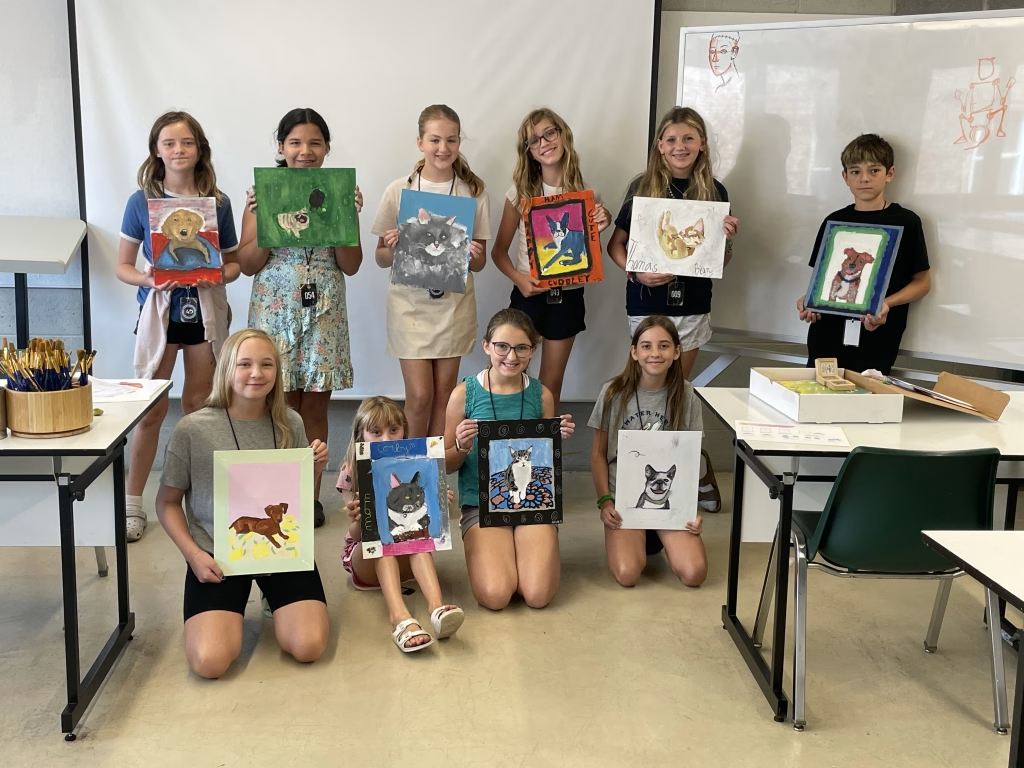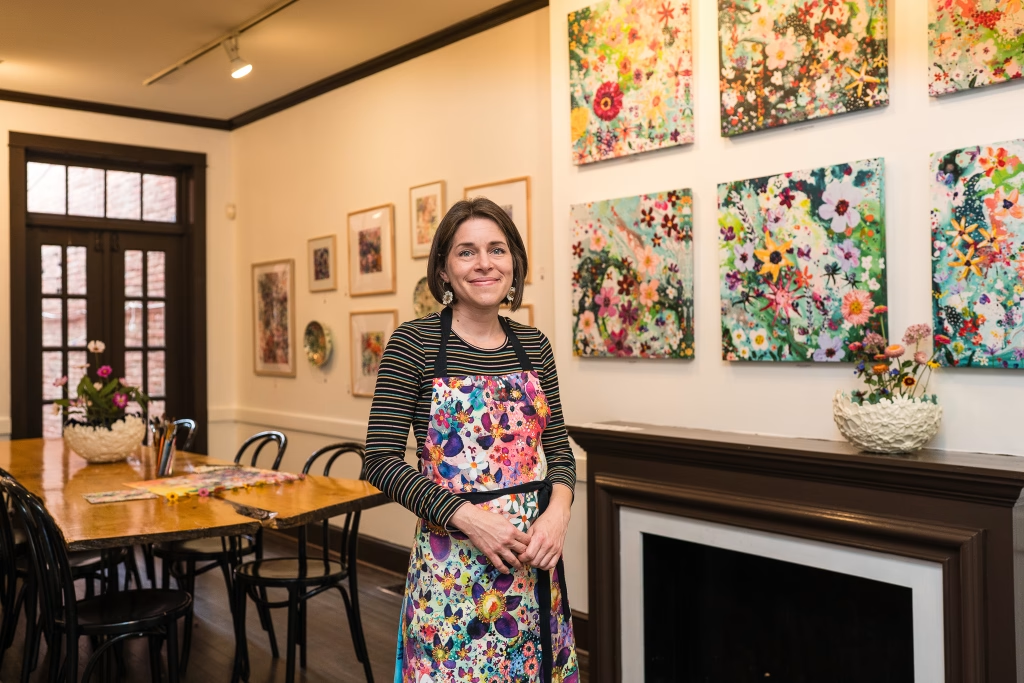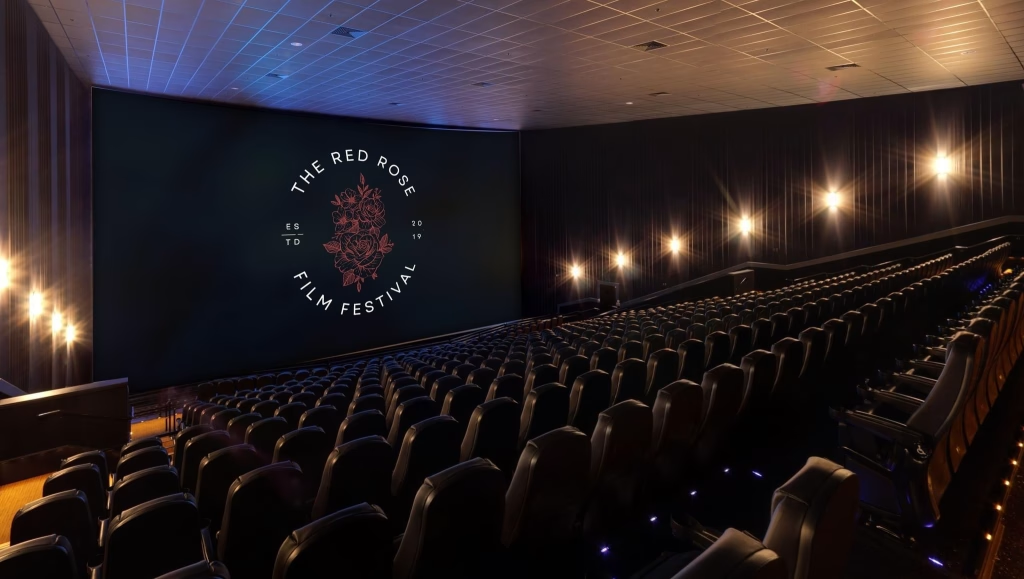Arts & Culture
Featured Filmmaker: Fabrice Bracq
Interview with the filmmaker, Fabrice Bracq, for this year's Lancaster International Short Film Festival.

Fabrice Bracq started out filming “making of… documentaries” for feature films. During that time he also directed his own short films and documentaries, of which several were set in Africa. Between 2012-2017, he released many shorts –four to the Lancaster International Short Film Festival (LISFF) including the short films Split Time, Time 2 Split, Dad in Mum and A Whole World for a Little World. His films won more than 250 awards around the world including the LISFF2017 Grand Prize for A Whole World For a Little World.
LISFF will be screening two of his films, Split Time & Dad In Mum, during our Free First Friday Date Night Event at Tellus 360 on October 4, 2019. You can also see his newest short film, Burqa City, in this year’s film festival 10-12 October 2019. Visit LancasterShortFilmFest.com for more details.
This interview was conducted in July 2019 by Alexandra Rongione in French. She kindly translated it for us to English.
Burqa City
What inspired you to create this story?
I thought up the absurd joke that a couple could switch their burka-covered wives without realizing it… an absurd situation for an absurd practice.
Burqa City deals with a rather contentious topic (the wearing of the burqa and limits on women’s freedoms in certain Islamic cultures), but it does so in a comedic way. What made you decide to tell this story as a comedy?
I didn’t want to speak about religion, which is why I don’t name a particular country or religion. We used several Arabic dialects in the film so as not to stigmatize anyone (Syria, Morocco, Iraq…)
Souleymane is a sympathetic character, and he successfully makes a transformation from who he is at the start of the film to the man he becomes at the end. How do you view this transformation?
This is one of my favorite things in the film—Souleymane’s character, a young guy who is a bit lazy who must become a hero despite himself. He is an endearing character who we can identify with. This character is a whole character and sincerely loves his wife, which is unusual in the environment he is living in.
Despite being relegated to passive roles within the world of this film, the women take an unexpectedly active role in breaking away from Abbas in the getaway scene. How did you determine how this particular scene would play out?
I shaped women’s role after the dogs we take out, that we walk, who are dehumanized. I wanted the viewers to see their faces and their humanity at the end of the film to strengthen Souleymane’s actions as well. They become active in driving their destinies, and it is also a comic element for the film because Souleymane, in coming to find his wife, finds himself with all of Abbas’ wives without wanting them, even if he secretly admires having so many wives.
This film is in Arabic. Are you an Arabic speaker? What was it like working with a language other than French?
No, I don’t speak Arabic. I had a consultant for the film shoot. It isn’t easy to work in another language, above all for the rhythm of the scenes. Arabic sometimes takes longer than French or English.
A Whole World for a Little World
This is such a moving story, and the editing techniques are interesting for their blend of flashback with narration in the present as the mother recounts her life as if it were a bedtime story. Why did you decide to frame this real-life story as a fairytale?
I wanted to place myself at the child’s level, and fairytales are the perfect means to so. I also wanted the film to begin in a more lighthearted way in order to better show the fatality of life.
This short features a film within a film via the father recording a video of the mother as she tells her story. Why did you choose film as the medium for the mother’s recording of her own life as opposed to some other medium, like writing?
I think that video, with its sound and image, is conducive to nostalgia. It is what we would like to receive as a testament, I think.
Both Burqa City and A Whole World for a Little World have a certain whimsy and imagination. To what extent do these elements characterize your view of what filmmaking should be?
Speaking about something grave or important via a lighter medium is a playful way to communicate strong feelings.
The mother alters some components of her narrative while she tells it to her daughter. We as the audience are aware of these changes through the flashbacks, but the daughter won’t be. For what reasons does the mother change her narrative in the ways that she does?
She does this to amuse the child regarding less important things. She is ironic about her own story.
General
When did you decide to become a director? Was there a particular film you remember seeing that inspired you to choose this career?
I wanted to become a director when I was 12 years old. I believe that it was movies like E.T. that made me want to make films. Then it was De Palma who showed me the potential of what directing is.
What is your favorite part of the filmmaking process?
I love shooting, but more than anything else I love editing. In fact, I edit all of my films.
And your least favorite part?
Writing is sometimes very complicated.
How do you find the ideas for your stories?
I look for emotionally compelling stories or stories with ridiculous situations. That’s why my films are so different.
Several of your films feature children. What is it like to direct children on screen?
In A Whole World for a Little World, it is my daughter acting. She was 18 months old at the time. I had written the film before she was born knowing that it would be her on the screen. It is really difficult to shoot with children, but when it works it is really enriching for the film.
Time Split and Time 2 Split both have such precise coordination between the visuals on the split screens. How difficult was it to achieve such precision while you were filming and editing?
Both films were made without any permission and so were done quickly in the street. The challenge was to prepare each shot because we didn’t have room to make a mistake. The hardest shots were the ones with the cat.
What themes do you feel are most important in your films? Do you think these ideas are important for you to work through on screen, or are they questions that you feel are important for society more broadly to consider?
I don’t think in terms of ‘themes’ when I write. I think in emotional terms or about the situation. Obviously, I think about entertaining the audience or moving them. When writing, I begin with situations that are personal to me.
If you could meet with any person from film or theatre, living or dead, who would it be and why?
De Palma, because he is the director who truly inspired me. After that, I really love some other directors, but the list would be too long. In theatre, I absolutely love Guitry.
What is the financing process like once you’ve come up with a screenplay?
For a long time, I produced my films myself with the help of France TV, a French TV channel. I was investing my own money as well. The last two films were produced by another production company with more money.
What do you feel some of the biggest differences are between cinema in the USA and in France?
A big question. I think French cinema is attached to the term ’auteur’ and that it is able to distinguish itself thanks to that, but this also has a negative effect because, at times, it can lose itself in questions or ways of doing things that aren’t interesting to more than a few people.
What advice would you give to someone aspiring to a career in film?
Make films, even without money. Make, make, make
Preview the full schedule for this year’s Lancaster International Short Film Festival here.



